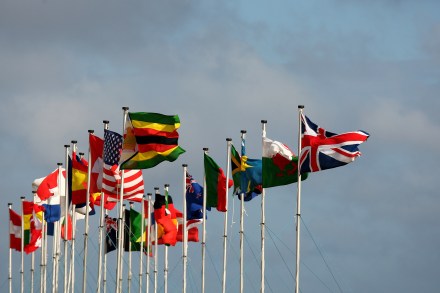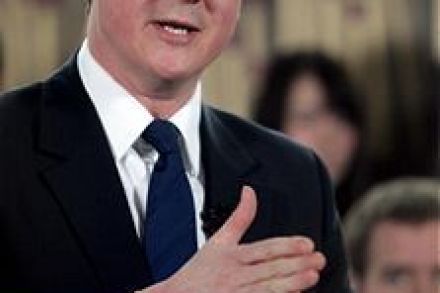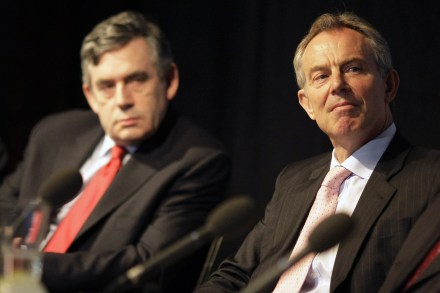How much does the public need to know about Jon Venables?
There are many arguments, and many perspectives, when it comes to how much we need to know about Jon Venables’ return to prison. Yes, too much information – and too much publicity – could forfeit his anonymity. But too little, and there’s the risk that some serious questions about the probation service could remain unanswered. The boundaries of transparency need to be set and maintained – if only so similar mistakes and tragedies cannot happen in future. To be honest, I’m not sure where those boundaries should be set. But, then again, it seems that the government isn’t either. Jack Straw is to give a statement to the House




















